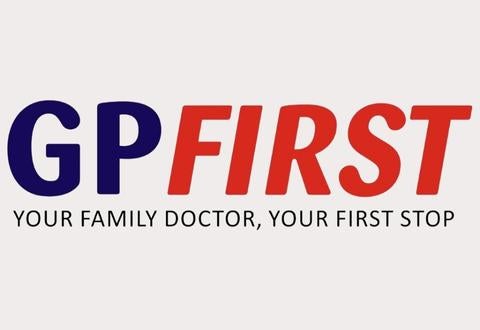Changi General Hospital will NEVER ask you to transfer money over a call. If in doubt, call the 24/7 ScamShield helpline at 1799, or visit the ScamShield website at www.scamshield.gov.sg.
Optimising outcomes for hip fracture patients
Changi General Hospital (CGH) has initiated a new anaesthesia outreach service to improve pre-operative care and shorten waiting time for surgery.

The award-winning CGH Perioperative Anaesthesia Team members hail from multiple subspecialty groups within CGH’s Department of Anaesthesia & Surgical Intensive Care, the Department of Orthopaedic Surgery, Department of Geriatric Medicine, and the Office of Improvement Science, Centre of Performance Excellence.
For many seniors, experiencing a fall could result in a hip fracture — a potentially life-changing condition that can severely affect one’s ability to carry out regular activities. Treatment options are either surgery or conservative management, which entails recovery in bed for an extended time. Delaying surgery puts hip fracture patients at a higher risk of developing serious medical issues.
Anaesthesia plays an important role in enabling hip fracture surgery to be performed safely and comfortably for patients. Conventionally, the anaesthesiologist assesses a patient’s fitness to proceed only after surgery has been decided on. At this stage, it may be too late to optimise the conditions for surgery for patients with multiple and complex health issues. Challenges in optimisation are often balanced against the need to expedite surgery, and extra time may be required for investigations or to engage patients further on decisions based on the benefits and risks of anaesthesia, resulting in a later surgery.


Anaesthesiologists play an important
role in ensuring that hip fracture
surgery is performed safely and
comfortably for patients.
Anaesthesiologists’ role in streamlining patient care
With an ageing population, the likelihood of hip fractures occurring will continue to rise. A team of CGH anaesthesiologists has spearheaded a new initiative in implementing anaesthesia care by a senior doctor early in a patient’s journey with the hospital.
Under the hospital-wide initiative, the team developed an anaesthesia perioperative outreach service focused on providing proactive anaesthesia consultations within the first 24 hours of a patient arriving at CGH. Sometimes, this is carried out even before the patient is admitted to an inpatient ward or before it is determined that the patient would require surgery. This enables patients to safely undergo their emergency surgery earlier, which in turn aids their recovery of mobility and quality of life.

By breaking the convention of staying within the realm of the operating theatre, CGH’s anaesthesiologists now play a larger role alongside other disciplines in frontline emergency care, with enhanced communication and collaboration for more streamlined patient care.
Over 1,000 patients have benefitted from the service since it started in 2020. Besides undergoing surgery earlier, they generally had a shorter hospital stay and the number of mortalities and critical care admissions was reduced. Patients also benefitted from earlier interventions for pain relief.

Stay Healthy With
© 2025 SingHealth Group. All Rights Reserved.


















